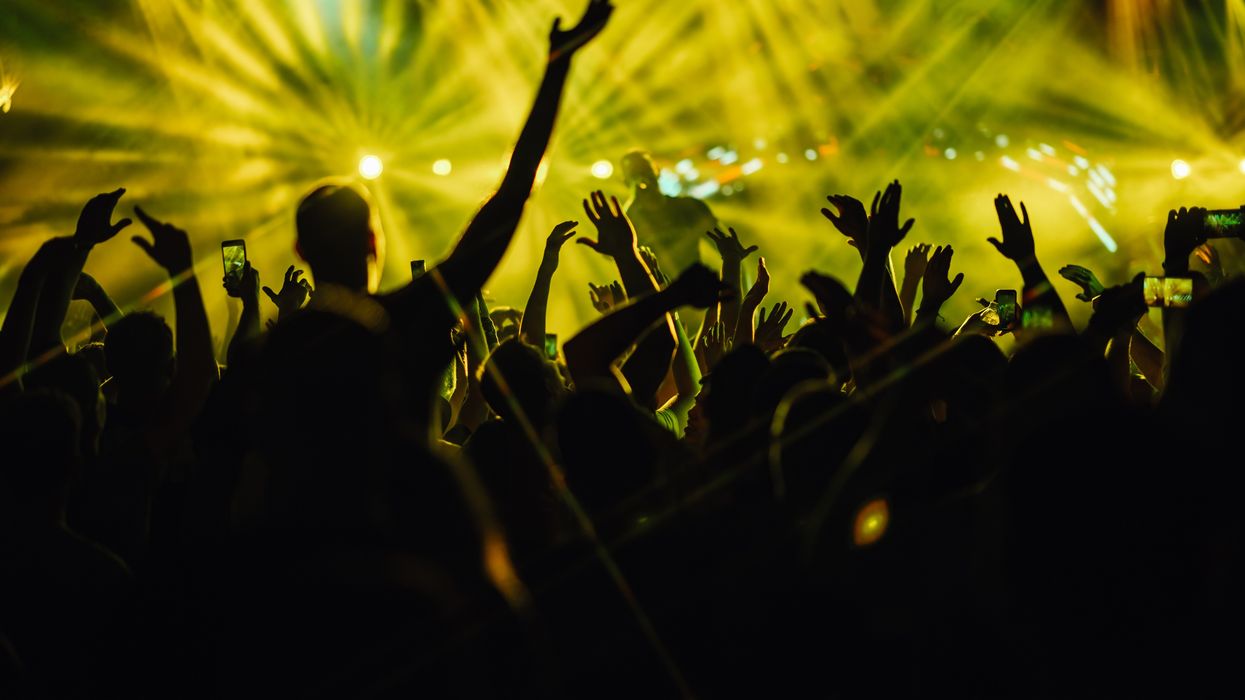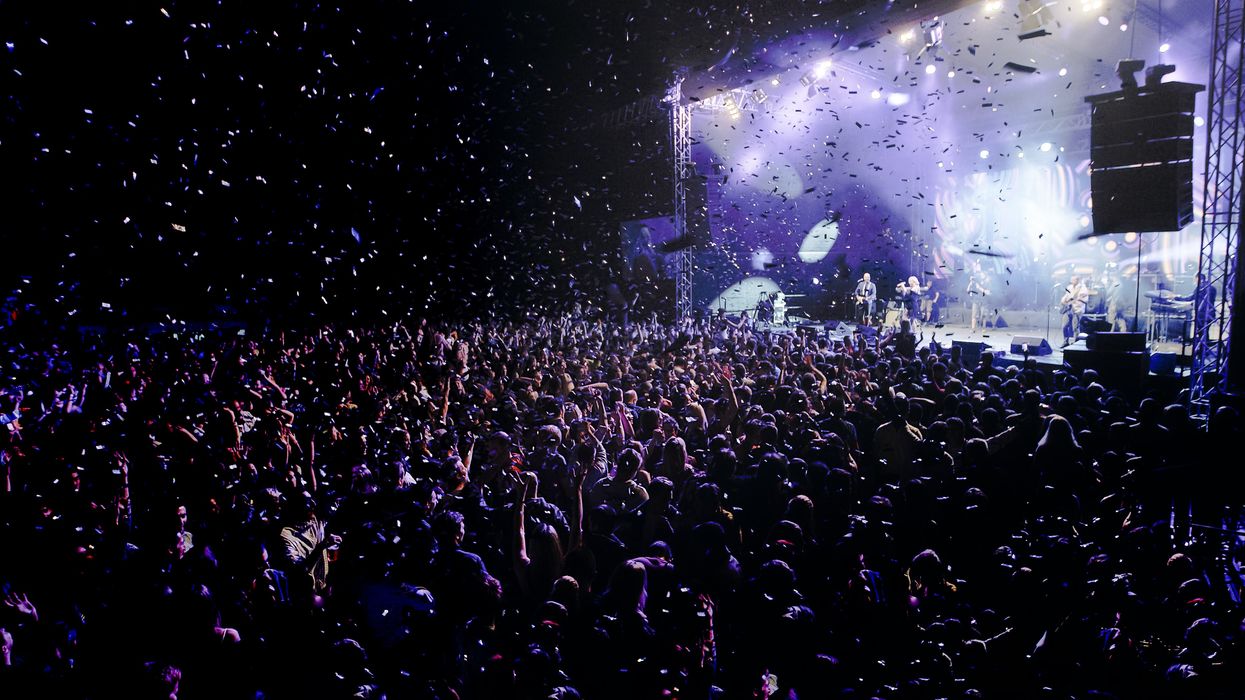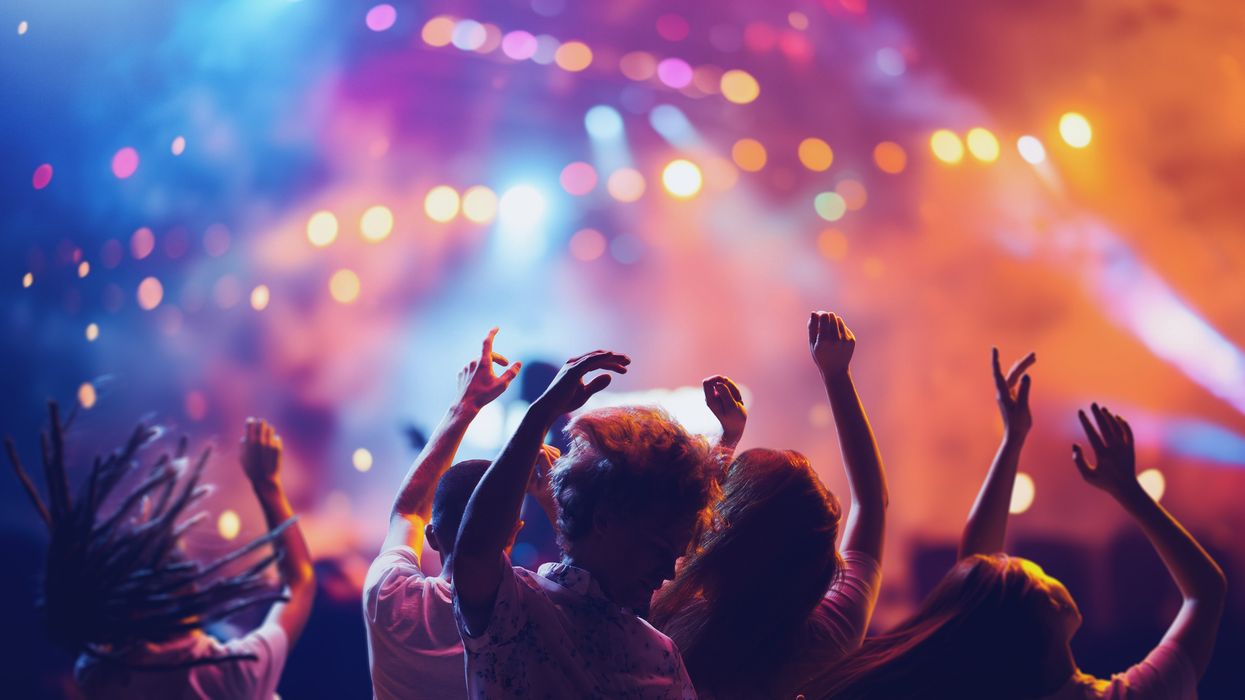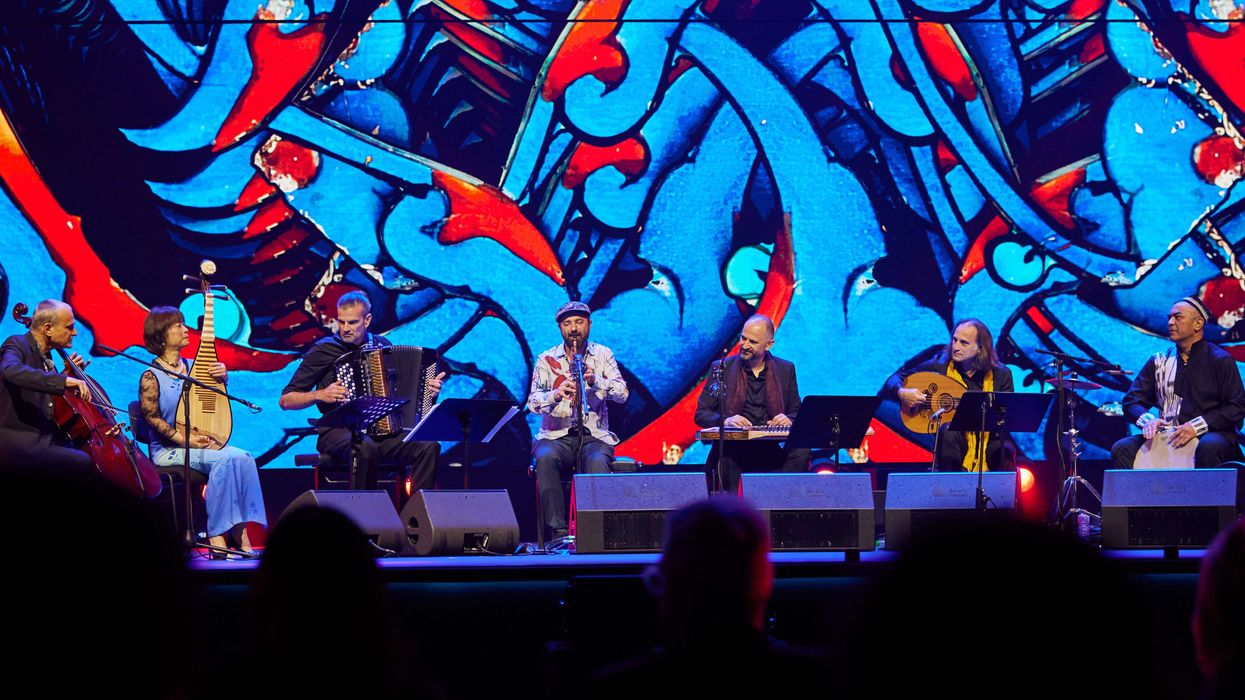Just imagine: a sea of glow sticks, the hum of anticipation, and the collective heartbeat of 60,000 fans waiting for Chris Martin to hit the first note of Yellow. Now, picture this scene not in London or New York, but in Ahmedabad. Yes, Ahmedabad. India’s live music scene has gone from “Who’s coming?” to “Who’s not coming?” in record time. From Coldplay’s cosmic anthems to international pop sensations, the country is no longer just a pit stop for yoga retreats and spicy curries, it’s now one of the hottest tickets in the global music circuit.

But how did India, once overlooked by international artists, become the Beyoncé of live music destinations? Spoiler: it’s not just the biryani. Let’s dive into the beats, the bucks, and the behind-the-scenes drama of India’s live music revolution.
The concert boom: From FOMO to full-on frenzy
A decade ago, catching an international act in India felt like spotting a unicorn. Fast forward to 2025, and the country is hosting sold-out stadium tours faster than you can say Viva La Vida. Coldplays Music of the Spheres tour turned Mumbai, Delhi, and Ahmedabad into a galaxy of screaming fans, while global acts like U2, Ed Sheeran, and Post Malone have electrified Indian audiences. The Backstreet Boys, Imagine Dragons, and upcoming tours from artists like The Weeknd and BLACKPINK have only added to the momentum.
And it’s not just about the big names. The rise of the experience economy has turned concerts into cultural phenomena. India’s youth—65% of the population is under 35—aren’t just buying tickets; they’re buying memories. “It’s not just a concert; it’s a pilgrimage,” says an avid concertgoer from Chennai who travelled to Mumbai for an international act. “You’re not just there for the music; you’re there for the vibe, the energy, the feeling.”

And the numbers don’t lie. The live music industry in India is projected to hit ₹1,200 crore by 2026, with cities like Mumbai and Ahmedabad leading the charge. But this is beyond just music, it’s about money, mobility, and a whole lot of middle-class swagger.
The secret sauce: Youth, streaming, and the gram
So, what’s fuelling this live music explosion? For starters, India’s young, restless, and Instagram-obsessed population. With disposable incomes on the rise, spending on experiences has become the new flex. “It’s not about owning the latest iPhone anymore,” says event organiser Rajiv Menon from BookMyShow Live. “It’s about being front row at a Coldplay concert and posting it on your story.”
Streaming platforms like Spotify and YouTube have also played a massive role. Indian fans no longer have to wait for MTV to play their favourite international hits. They’re discovering global artists at the click of a button, building fandoms that span genres and geographies. From K-pop to Afrobeats, the Indian music palate has gone global, and artists are clearly taking notice.
The economic encore: More than just music
The ripple effects of this concert boom are hitting more than just high notes. Hotels are booked, flights are packed, and local businesses are cashing in on the concert craze. For instance, when Coldplay played Ahmedabad, the city saw a 40% spike in hotel bookings, with fans flying in from as far as Nepal and Sri Lanka. Unbelievable, right?

Big players like Reliance and Tata are also jumping on the bandwagon, investing in world-class venues and infrastructure. The upcoming Navi Mumbai airport and Reliance’s Jio World Garden are set to make India a logistical dream for international acts.
But it’s not all smooth sailing. The lack of large-scale venues means concerts often have to squeeze into cricket stadiums, and ticket scalping has become a major headache. “I paid triple the price for my ticket,” says a fan who attended a recent global concert. “It’s frustrating, but honestly? Worth it.”
Challenges: The not-so-great opening acts
For all its glitz and glam, India’s live music scene still has some kinks to iron out. High taxation and regulatory hurdles make it a tough market for international artists to navigate. “It’s improving, but there’s a long way to go,” says a senior music promoter. “What we actually need is more venues, better ticketing systems, and smoother processes.”
With stadiums packed for global icons, India is proving it’s more than ready for the big leagues of live musiciStock
Then there’s the issue of infrastructure. While cities like Mumbai and Delhi are stepping up, smaller cities are still playing catch-up. “If you’re not in a metro, you’re missing out,” says a music enthusiast from Jaipur. “I had to travel to Mumbai for Ed Sheeran, and it cost me a fortune.”
The future: India’s global encore
Despite the challenges, the future looks bright and loud. With international artists increasingly considering India a must-visit tour stop, upcoming rumoured shows from BLACKPINK, The Weeknd, and more are sending fans into a frenzy.

India’s live music scene is following in the footsteps of markets like Brazil and China, where international acts once tested the waters and are now diving in headfirst. As infrastructure improves and demand grows, India is set to become a global hub for live music experiences.
So, what’s next? More concerts, more fans, and more unforgettable nights under the stars. Because in India, music isn’t just entertainment anymore, in fact it’s a movement. And this movement is just getting started.





